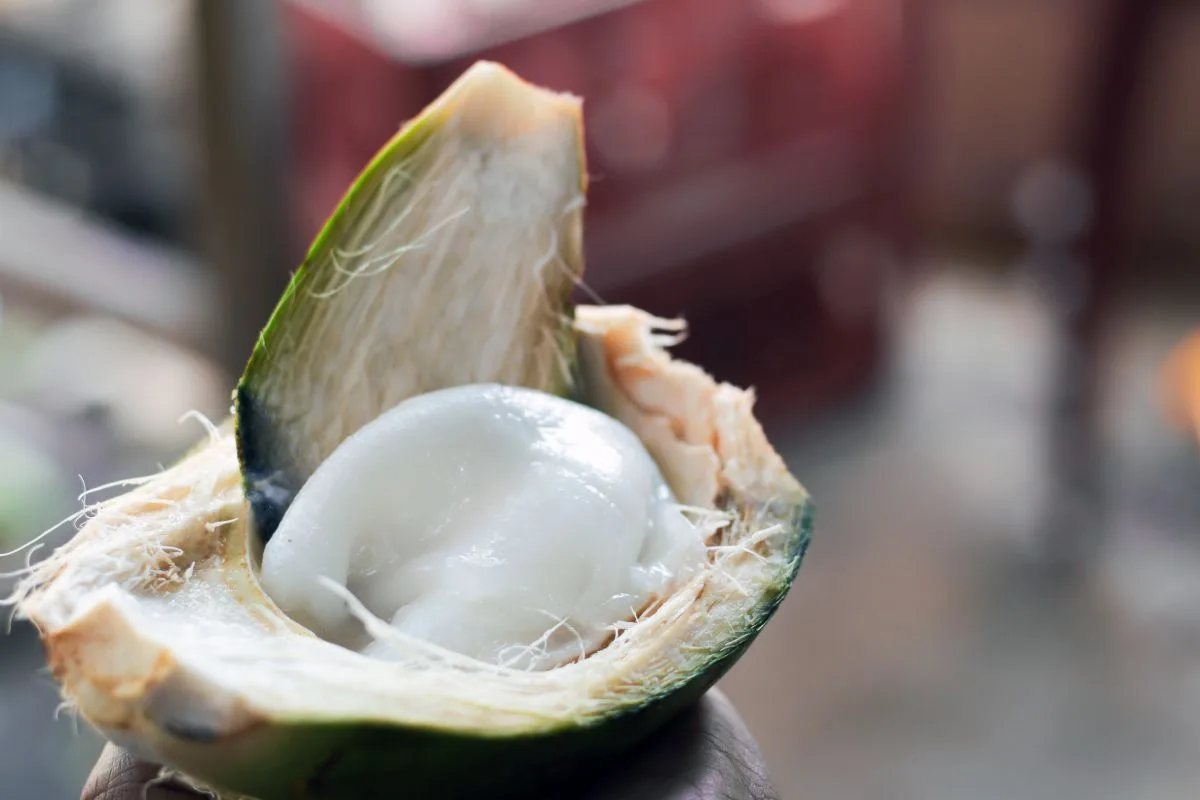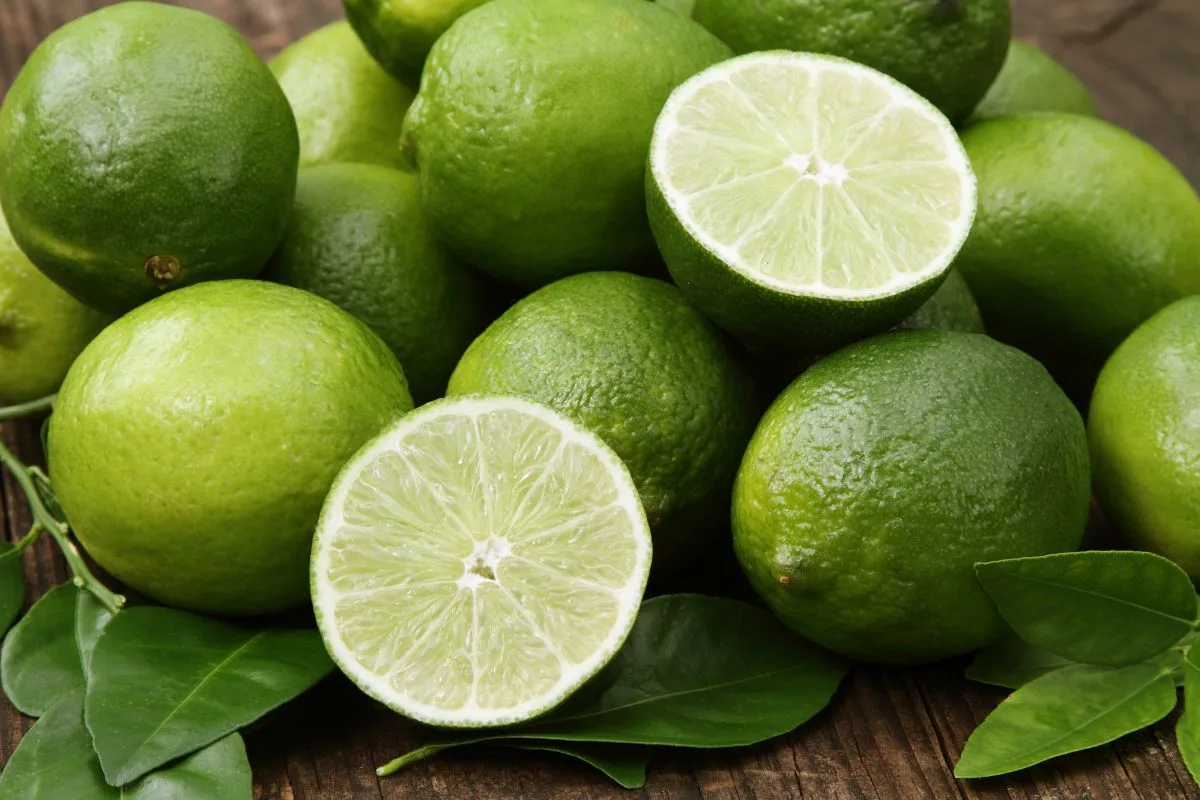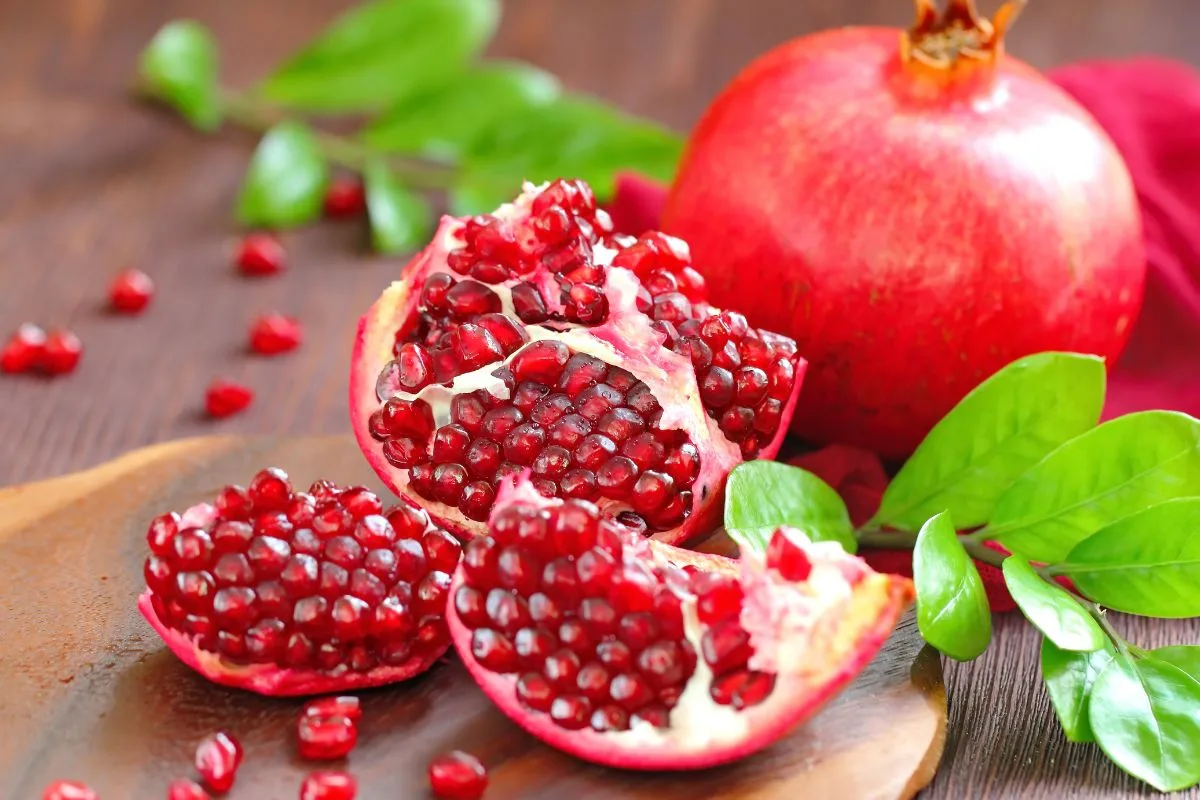Coconut tender, often referred to as young coconut, is a tropical delight that offers a plethora of nutritional benefits. Known for its refreshing taste and hydrating properties, coconut tender is the soft, jelly-like flesh found within unripe coconuts. As we explore the nutritional content, benefits, and considerations for consumption of coconut tender, we will uncover how this seemingly simple food can play a significant role in enhancing your dietary habits. With its balance of hydration, energy, and unique taste, coconut tender is not just a treat but a valuable addition to a healthy lifestyle. Join us on this journey as we delve into the rich nutritional profile of coconut tender and how it can contribute positively to your overall health.
Nutritional Profile of Coconut Tender
Understanding the nutritional content of coconut tender is pivotal to appreciating its role in our diet. Every 100 grams of coconut tender contains:
- Protein: 0.9 g
- Total Fat: 1.4 g
- Carbohydrates: 6.3 g
- Energy: 171.54 Joules
- Iron: 0.9 mg
- Calcium: 10 mg
These numbers reveal coconut tender as a low-calorie food, rich in carbohydrates primarily derived from natural sugars. While the protein and fat content is minimal, it provides a quick energy boost, making it an excellent choice for athletes and those in need of rehydration after physical activity. Moreover, the presence of essential minerals such as iron and calcium, albeit in small quantities, contributes to its appeal among those seeking nutritious snack options.
Health Benefits of Coconut Tender
Coconut tender boasts an array of health benefits that cater to different aspects of well-being. Here are some key advantages of incorporating coconut tender into your diet:
- Hydration: Coconut tender is predominantly made up of water, making it an excellent source of hydration. This is particularly beneficial in hot climates or after vigorous exercise, where rehydration is crucial.
- Low-Calorie Snack: With only 171.54 joules of energy per 100 grams, coconut tender is a guilt-free treat, perfect for those watching their caloric intake. It can satisfy sweet cravings without the high calories found in traditional sweets.
- Nutrient-Rich: Even though its amounts of vitamins and minerals are modest, the presence of iron and calcium supports vital bodily functions, including oxygen transport and bone health.
- Natural Energy Source: The carbohydrates in coconut tender primarily come from sugars that provide an instant energy boost. This makes it a favorite among athletes and individuals requiring quick energy for sustained activities.
- Antioxidant Properties: Young coconut water and flesh are rich in antioxidants, which can help combat oxidative stress and promote overall health by protecting the body against cellular damage.
Ultimately, the various health benefits of coconut tender not only make it a delectable choice but also a functional addition to one’s diet, promoting hydration, low-calorie snacking, and energy enhancement.
Considerations for Consumption
While coconut tender has remarkable health benefits, several factors should be considered when incorporating it into your diet:
- Moderation Is Key: Although coconut tender is low in calories, it is still crucial to consume it in moderation. Binge eating any food can lead to an imbalance in your diet.
- Allergies and Sensitivities: While rare, some individuals may develop allergies or sensitivities to coconut and its byproducts. It’s essential to be aware of any allergic reactions and consult healthcare professionals if uncertain about coconut consumption.
- Balance in Diet: Coconut tender should complement a well-rounded diet. Relying solely on coconut for nutrition may lead to deficiencies in dietary fibre, proteins, and other essential nutrients.
- Source of Purchase: The quality and freshness of coconut tender can vary. It’s recommended to purchase young coconuts from reputable vendors to ensure you get the most nutritious option available.
- Possible High Sugars: For individuals managing conditions like diabetes, it’s essential to consider the natural sugars in coconut tender. Although it’s a natural source, monitoring carbohydrate intake remains crucial.
Being mindful of these considerations will help you enjoy coconut tender while maximizing its benefits and mitigating any potential risks associated with its consumption.
Conclusion
In conclusion, coconut tender, with its refreshing taste and hydrating properties, presents a unique opportunity to enrich your diet with a low-calorie, nutritious snack. Its hydration capabilities, along with its modest nutritional profile, provide a variety of health benefits, making it a worthwhile addition to any meal plan. Nevertheless, it’s vital to consume coconut tender in moderation and remain aware of any personal health considerations. By doing so, you can fully enjoy the delightful essence of coconut tender while reaping its nutritional rewards.
Axis Diet is dedicated to empowering individuals with knowledge and practical advice for healthier living. Our articles, grounded in research and expert insights, aim to simplify complex nutritional concepts, offering a comprehensive understanding of various aspects of diet and wellness. While these articles are informative and a great starting point for anyone looking to improve their health, they are for informational purposes only. For personalized, professional guidance tailored to your unique health needs, we encourage you to consult with Axis Diet’s registered dietitians. Reach out to us for expert personalized guidance on your nutritional journey.





